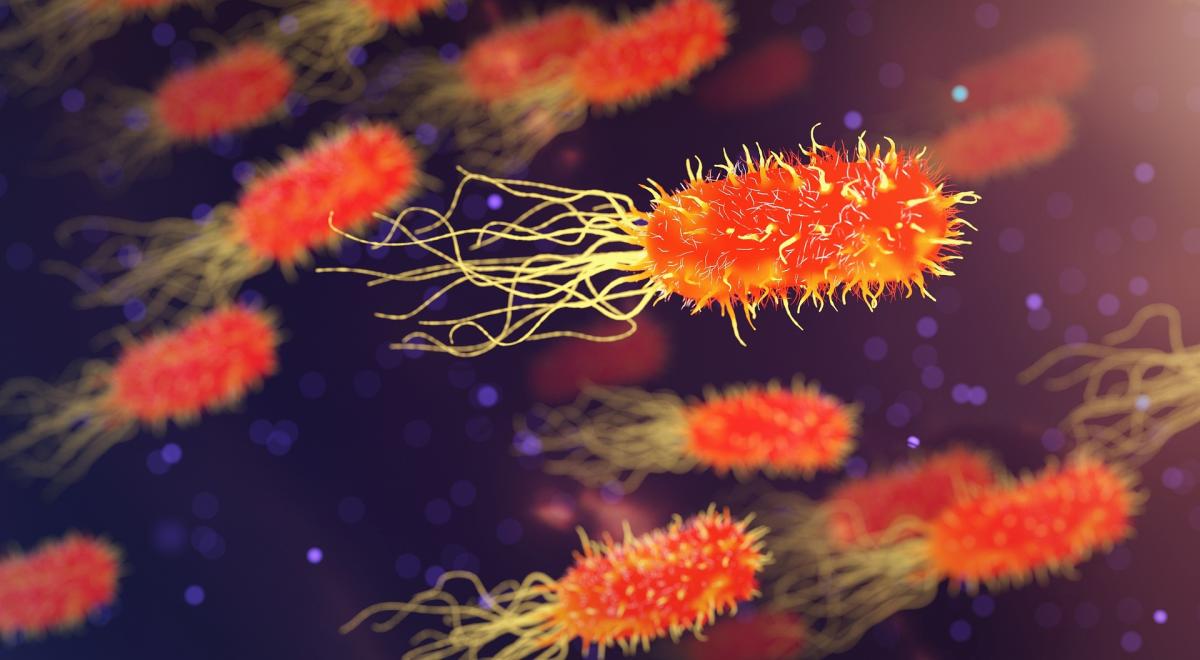Grades:
4th Grade, 5th Grade, 6th Grade
Students will use engineering practices to build a bridge to see how much weight their bridge will support. This lesson gives students a better understanding of how bridges are constructed and how
Grades:
8th Grade
This engaging lesson is all about reverse engineering! Students will read and discuss the hook “A.I. Apocalypse”. They learn all about reverse engineering during this project as they determine a
Grades:
6th Grade
In this unit, students will study the effects of air pollution and engineer an environmentally friendly air filter to reduce pollutants in the air using common household items and recycled materials
Grades:
4th Grade
Students will learn how weather and climate can impact planting in this second lesson out of 4. Agenda What is weather? What is climate? What is the difference between weather and climate? How will
Grades:
3rd Grade, 4th Grade, 5th Grade, 6th Grade, 7th Grade, 8th Grade, 9th Grade, 10th Grade, 11th Grade, 12th Grade
It's time to learn about the engineering design process and apply our understanding to make a sandwich! This fun and engaging lesson is flexible and an opportunity to explore the engineering design
Grades:
4th Grade
This is lesson one for a unit plan on circuitry. In this challenge, students will be tasked with planning, designing, and testing both open and closed circuits. To make things more interesting, they
Grades:
5th Grade
Summary: Today we will observe and test five known mystery powders, identify examples of physical and chemical reactions to determine who committed the crime. Materials: 6 teaspoons or small spoons
Grades:
6th Grade
In this unit, students will study the effects of atmospheric pressure and air resistance on objects to engineer a landing apparatus to land cargo in space. They will then write a Claim based on
Grades:
6th Grade
Students will plant and observe plants from seed to full germination while making observations on growth in this engaging lesson. This will be done using a science notebook to record germination
Grades:
7th Grade
In this engaging lesson, students will use 2-3 days to build a land yacht with Lego BricQ sets. They will test different winds and angles, and then use their lab to introduce Newton's third law of
Grades:
Kindergarten
Students will be able to observe and recognize that a thermometer is a device that is used to measure a change in temperature.
Grades:
Kindergarten, 1st Grade, 2nd Grade
Students will be learning about the life cycle of a potato, how to grow potatoes, and measuring the growth of the stems. You'll need potatoes that are ready to plant, garden space, or tubs to put the
Grades:
7th Grade, 8th Grade, 9th Grade
Students will experiment with stirring colors and creating effects, to learn through experimentation while creating a piece of art. The purpose of this lesson is to use visual arts to explore
Grades:
5th Grade
In this activity, students will make a model of the planets in the solar system and specifically model their distances to scale. Materials: Model of the Solar System-plastic 3D model String Push pins
Grades:
6th Grade, 7th Grade, 8th Grade
Model Building For Disaster is a 4-6 week unit in which students research natural disasters around the world and their effect on developing countries. Following their research, student teams design
Grades:
Kindergarten, 1st Grade, 2nd Grade
Students will learn and explain about pollination and how it helps plants to grow and reproduce. After reading about pollinators, students will collaborate and communicate effectively with their peers
Grades:
5th Grade
Students will germinate seeds and record any observations during the process.
Grades:
Kindergarten, 1st Grade, 2nd Grade, 3rd Grade
The students will create a Three Sisters Garden by participating in a teamwork activity, listening to a read aloud, watching a video, creating a diagram, planting the garden, and creating a video
Grades:
5th Grade
This is the 2nd part in a 4-lesson series. This lesson is on the fins and how they work with balanced and unbalanced forces. Students will need the worksheet, the article for read and reflect, foam
Grades:
6th Grade
Students will construct a model of an ocean habitat to simulate an oil spill. They will then make observations about the behavior of the oil in the water and on the various items in the habitat model
Grades:
5th Grade
Students will individually construct straw rockets. Using the launcher, students will learn the concept of Newton's third law of motion: for every action, there is a equal and opposite reaction
Grades:
6th Grade
In this unit, students will study the effects of acid rain and chemically engineer an environmentally friendly solution to neutralize the acid in a simulated river contaminated by factory run-off
Grades:
5th Grade
Integrating the Arts into Earth and Space is a culminating or review activity for 5th grade. This lesson is comprised of five engaging activities for students to complete: Collaborative Storytelling
Grades:
9th Grade, 10th Grade, 11th Grade, 12th Grade
Students will use SEEK or other species identification tools to create a database of biodiversity on campus. The lesson starts with a discussion of the importance of biodiversity to the functioning of
Featured Lesson Plans
Check out these notable lesson plans.

Featured
Planarian Regeneration
Grades:
3rd Grade
In this engaging lesson, students will explore human regenerative medicines through the planarian's ability to regenerate. Planarians have specials cells that allow themselves to modify and regrow

Featured
A Very Hungry Robot: Lesson 2
Grades:
1st Grade
In this lesson, students will relate The Very Hungry Caterpillar to a butterfly's life cycle. Students will learn the four main parts of a butterfly's life cycle and then use the indi robot to create

Grades:
3rd Grade, 4th Grade, 5th Grade
Students will gain knowledge about Arizona's geography, culture, and history through the book "Santa is Coming to Arizona." They will develop basic programming and problem-solving skills by
